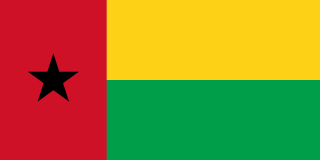
Visa and entry requirements Guinea-Bissau:
Passport required
German citizens need a visa to enter Guinea-Bissau. This visa must be applied for at the Guinea-Bissau embassy in Berlin.
Visa costs: 60/100 euros
Information from the Foreign Office about your trip to Guinea Bissau:
https://www.auswaertiges-amt.de/de/guineabissausicherheit/220332
Guinea-Bissau is a country on the Atlantic in West Africa with around 1.9 million inhabitants. The country borders Senegal to the north, Guinea to the east and the Atlantic to the west and is one of the least developed countries in the world. The official language is Portuguese and the national currency is the CFA franc BCEAO, where 1 euro is equivalent to around 655 XAF.
Guinea-Bissau is mostly flat with a tropical climate, predominantly humid and hot. The country's residents are on average only 20 years old, and around half of them are Muslim. The country's largest cities include Bissau, Gabu, Bafata, Canchungo, Bissora and Bula.
Guinea-Bissau is one of the poorest countries in the world, so more than 90% of the population works in agriculture. However, only around 13% of the state area is used for this purpose, because around 38% is forested or used for pasture farming. The main crops grown are sugar cane, rice, corn, millet, cassava, batata and yams. The country also has significant bauxite deposits and other mineral resources such as gold, phosphates, oil and gas. The state's main export products are cashew nuts, peanuts, palm kernels, palm oil, shrimp and wood. However, the export of cashew nuts alone accounts for 861T3T of export revenue, which now makes the state the sixth largest producer of these nuts in the world. Guinea-Bissau and the Republic of Guinea are also an important hub for cocaine smuggling from South America to Europe via West Africa.
The capital of Guinea-Bissau is Bissau with around 460,000 inhabitants. The city is the political, economic and administrative center of the country. Bissau has the West African state's only international airport.
The city's few attractions include the Bissau Cathedral, the harbor promenade, the National People's Assembly building, the Mesquita Bissau Mosque, the Central Bank of West African States, the Central Market, the Bissau Main Market, the ruins of the old presidential palace, the National Art Museum as well as the Fort de Sao Jose da Amura.
In July 2016 I traveled to Bissau during my West Africa tour from Cape Verde. Bissau is a typical African capital with a lot of hustle and bustle and a lively market. The country's great poverty is clearly noticeable and apart from the cathedral and the mosque, there isn't much to marvel at. Despite its proximity to the Atlantic Ocean, Bissau is almost completely surrounded by swampy mangrove forests, making the city practically an island. After spending a few hours in the city, I continued on to Dakar in Senegal.

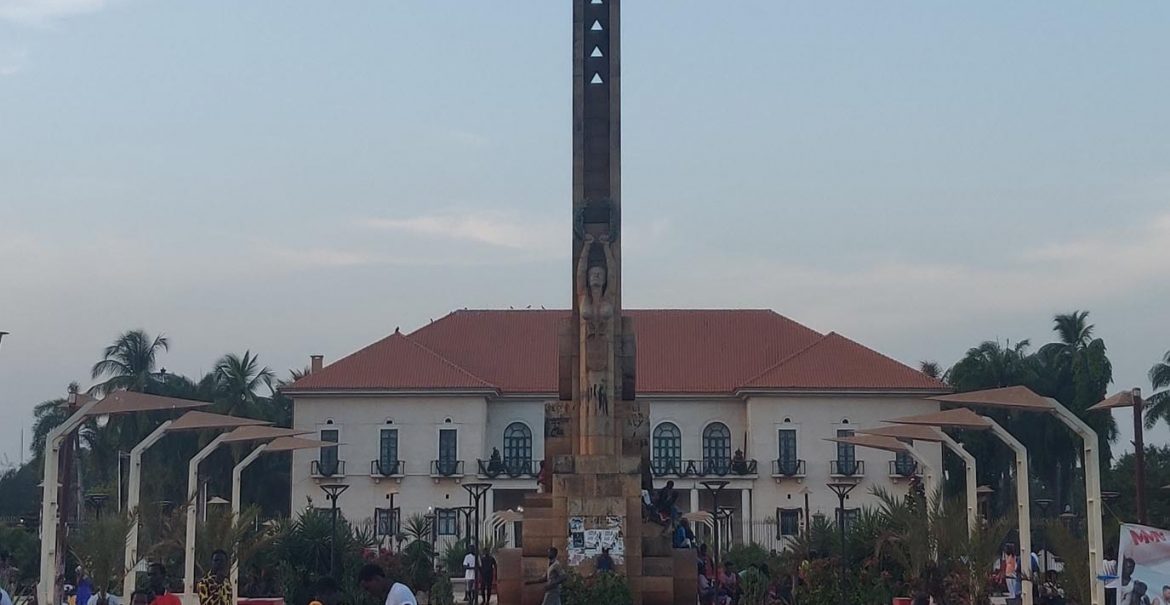
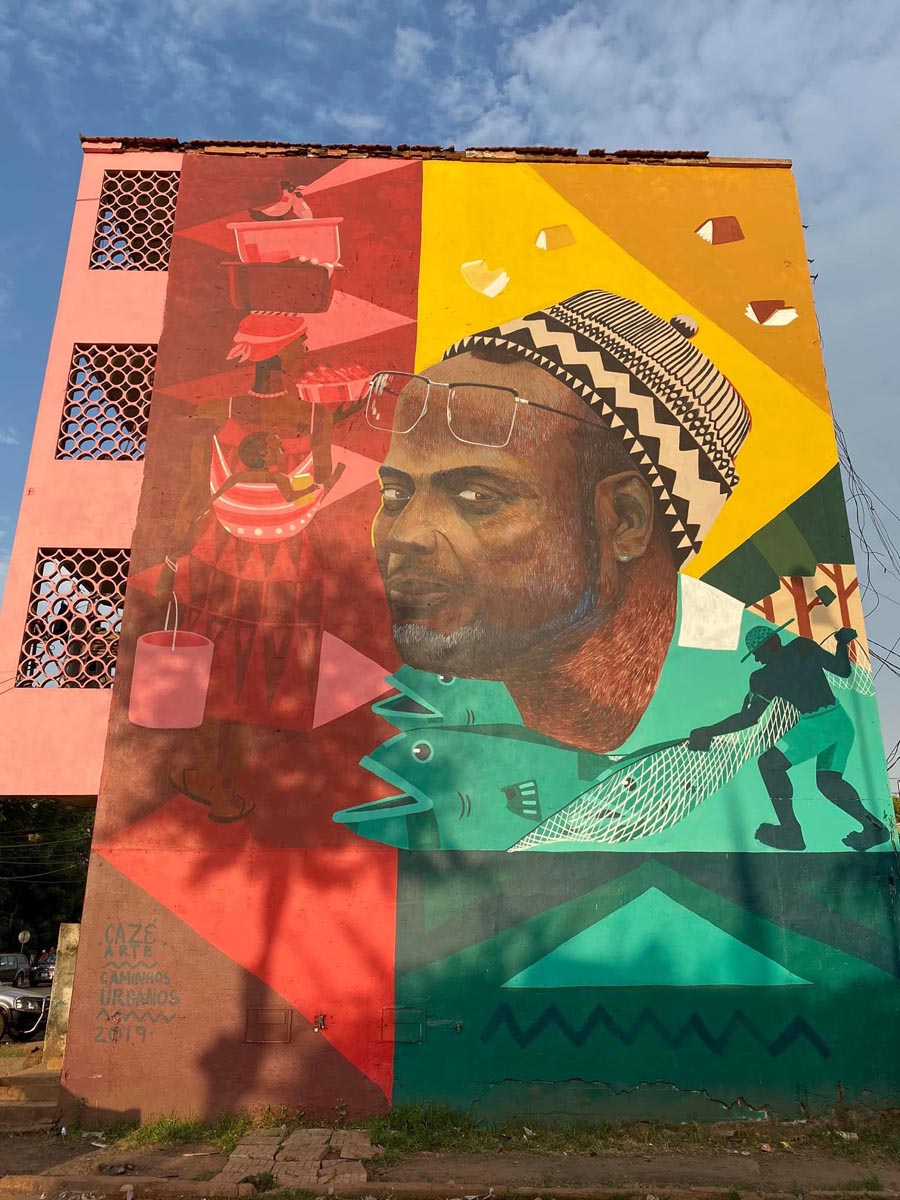
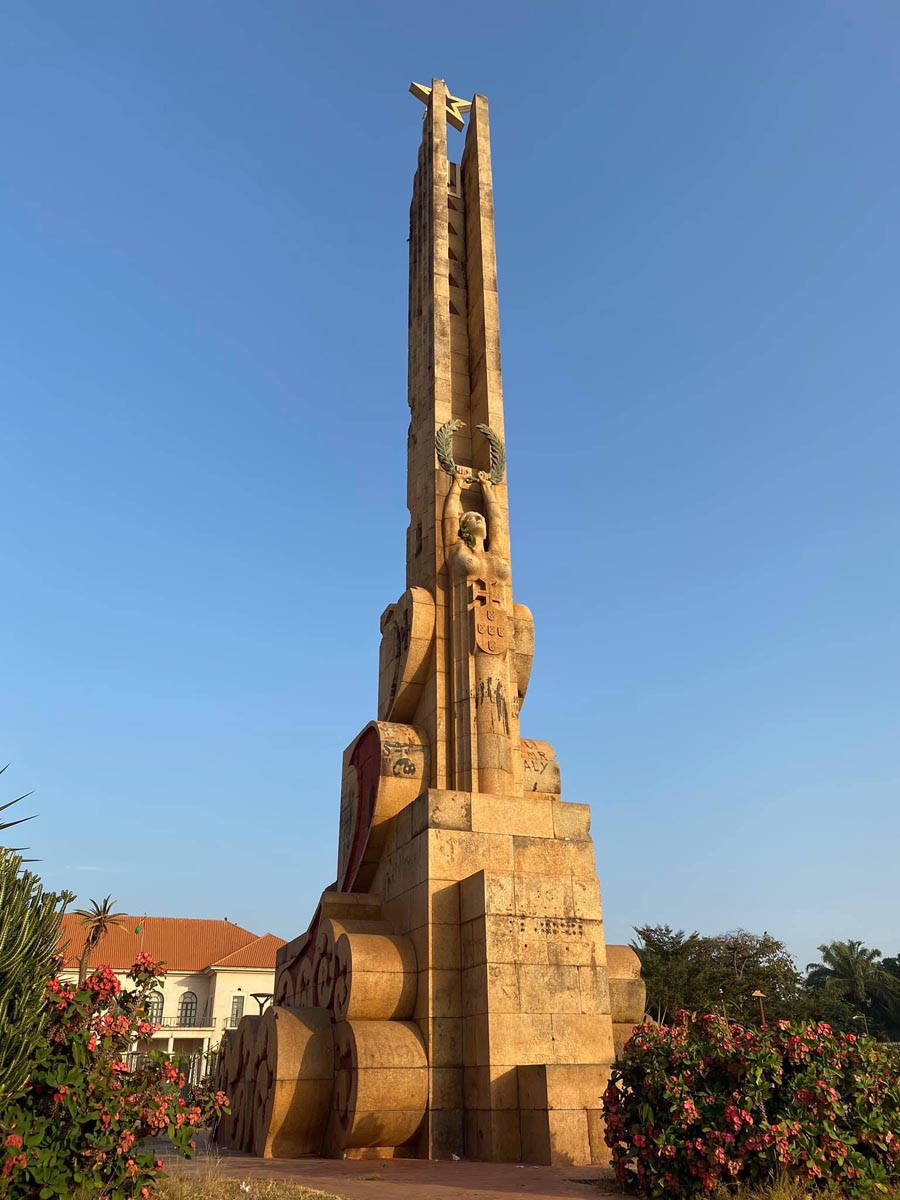
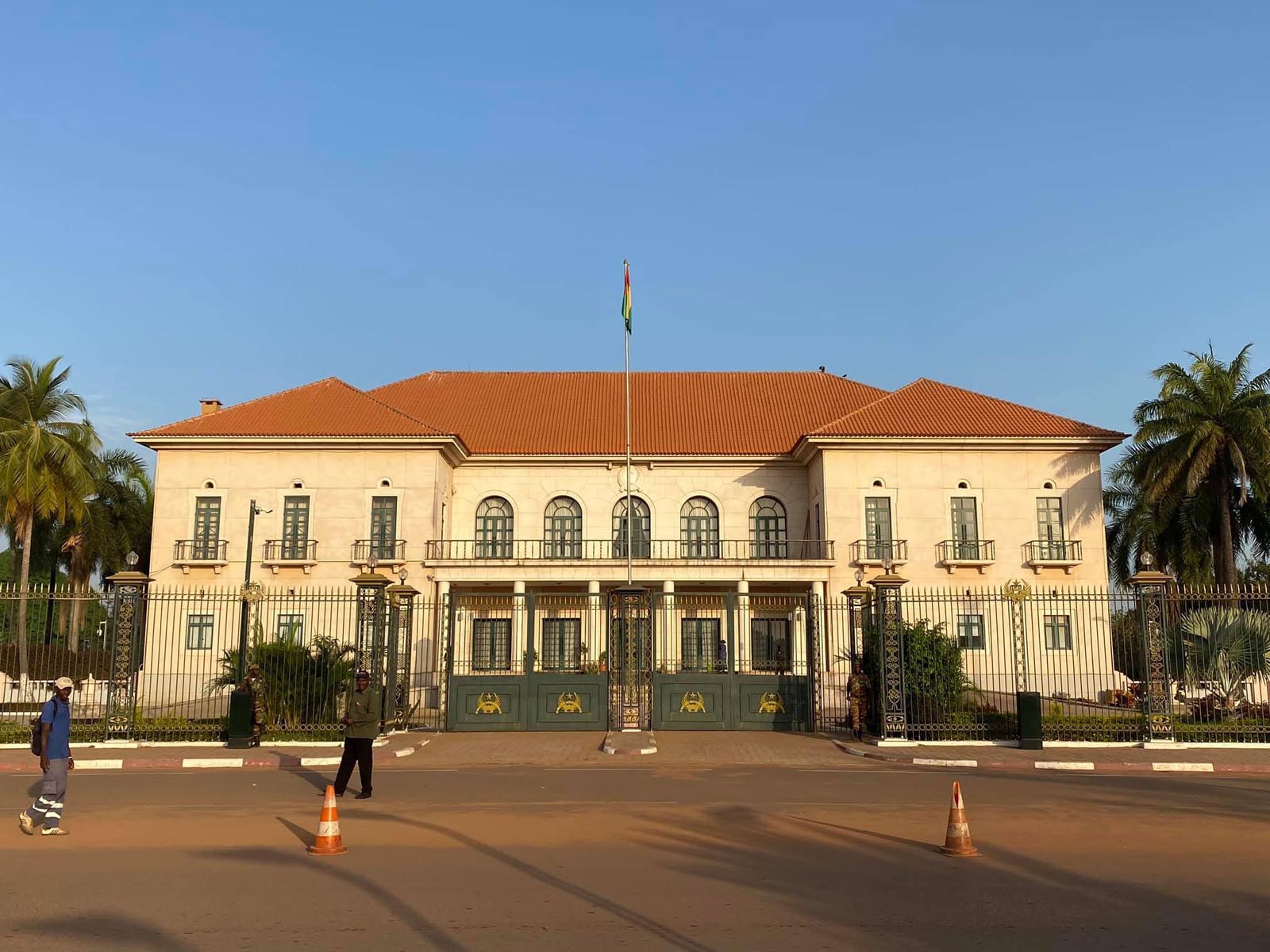
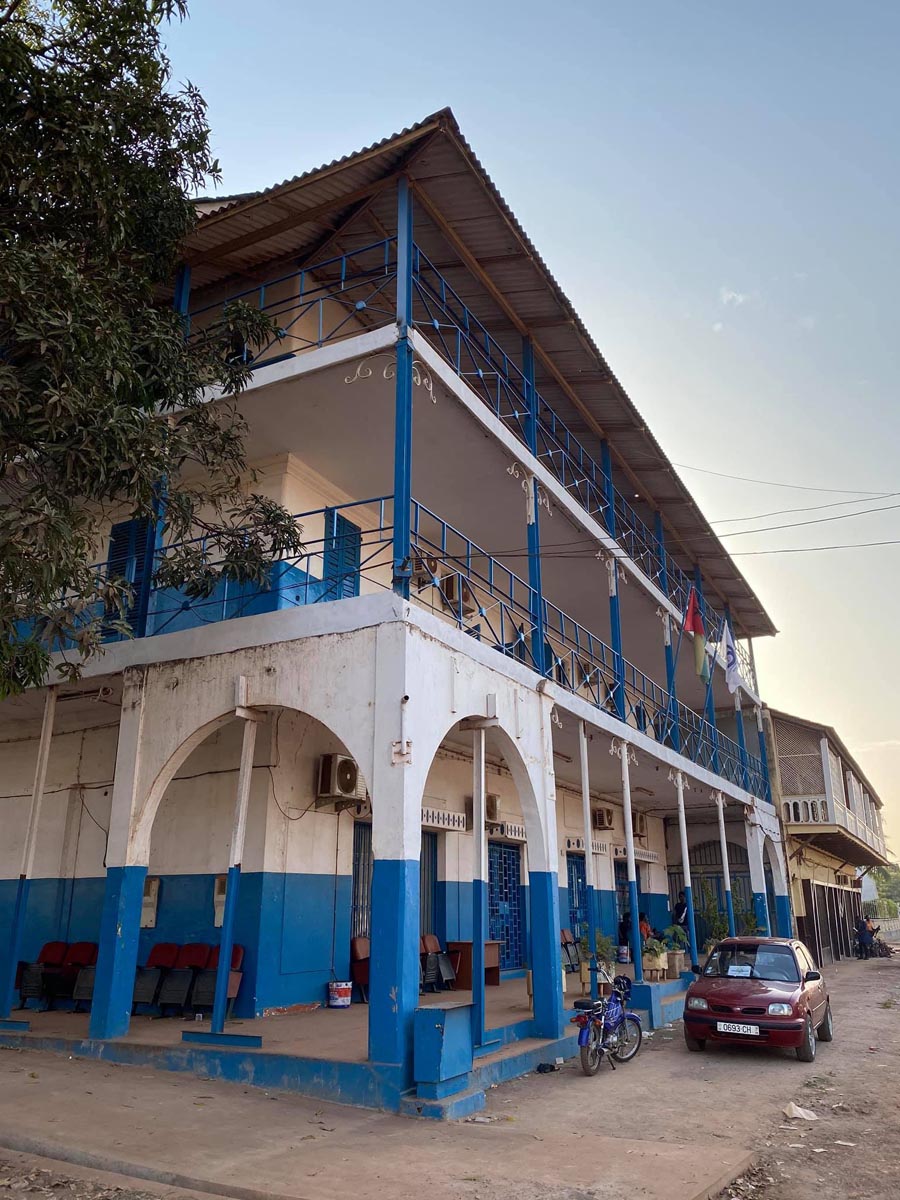
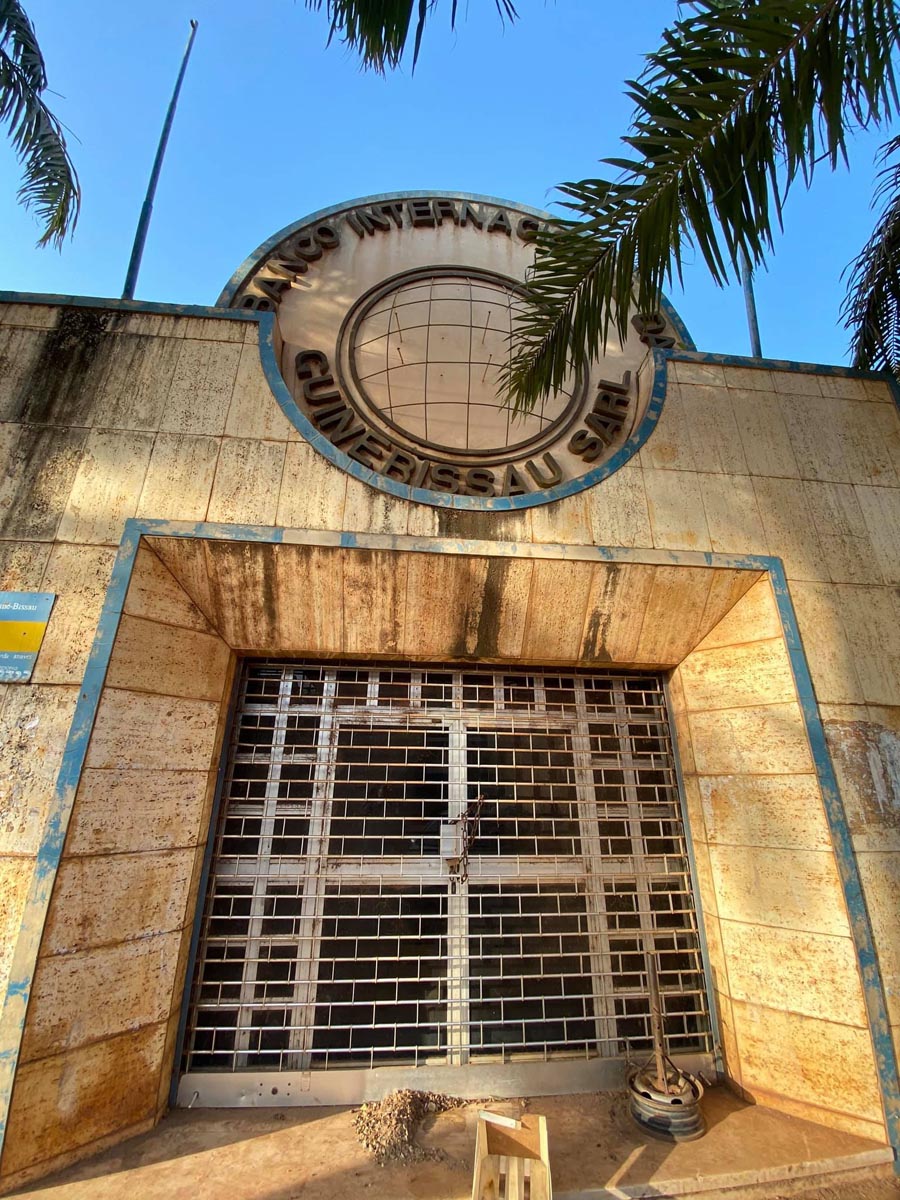
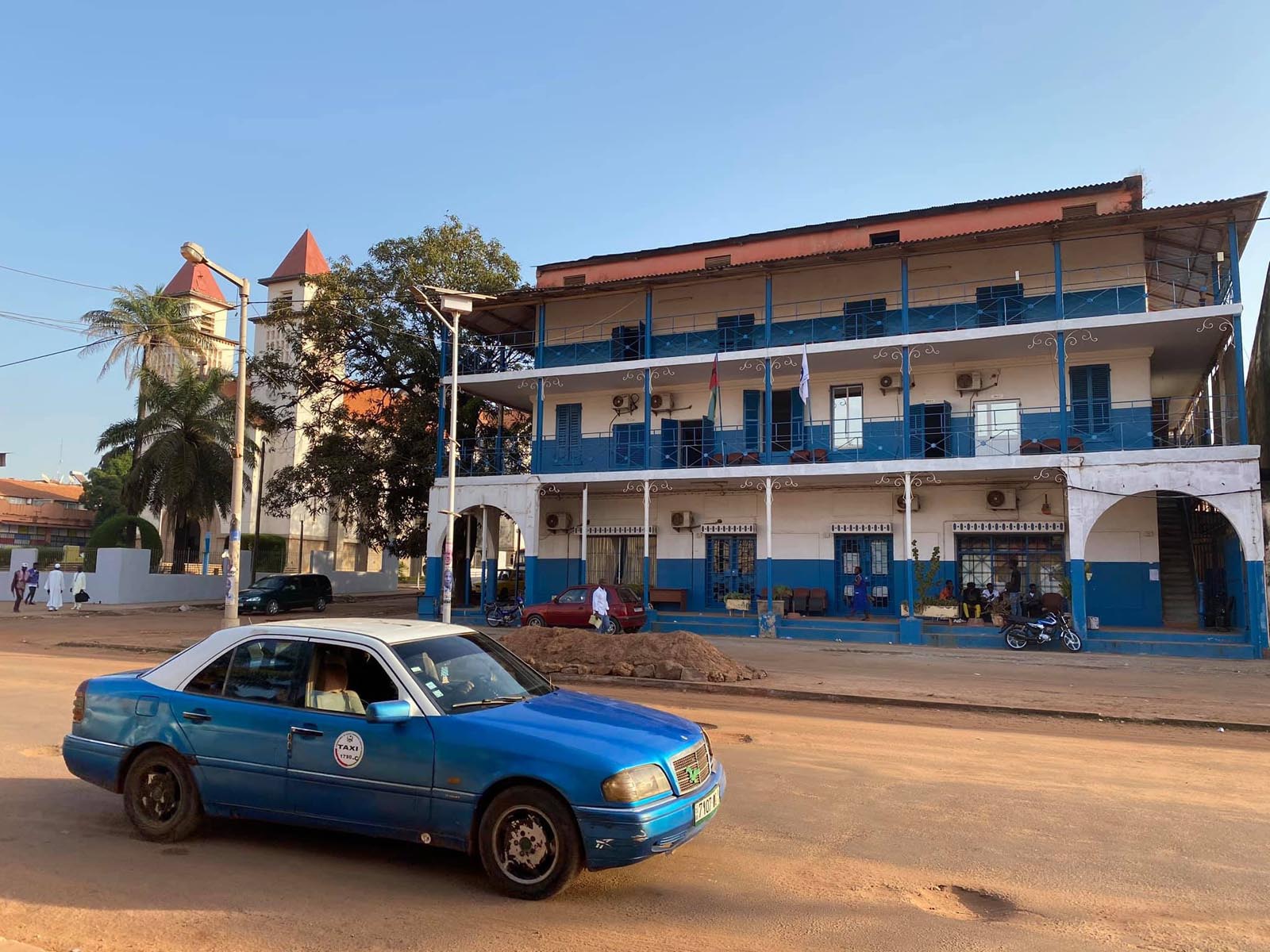
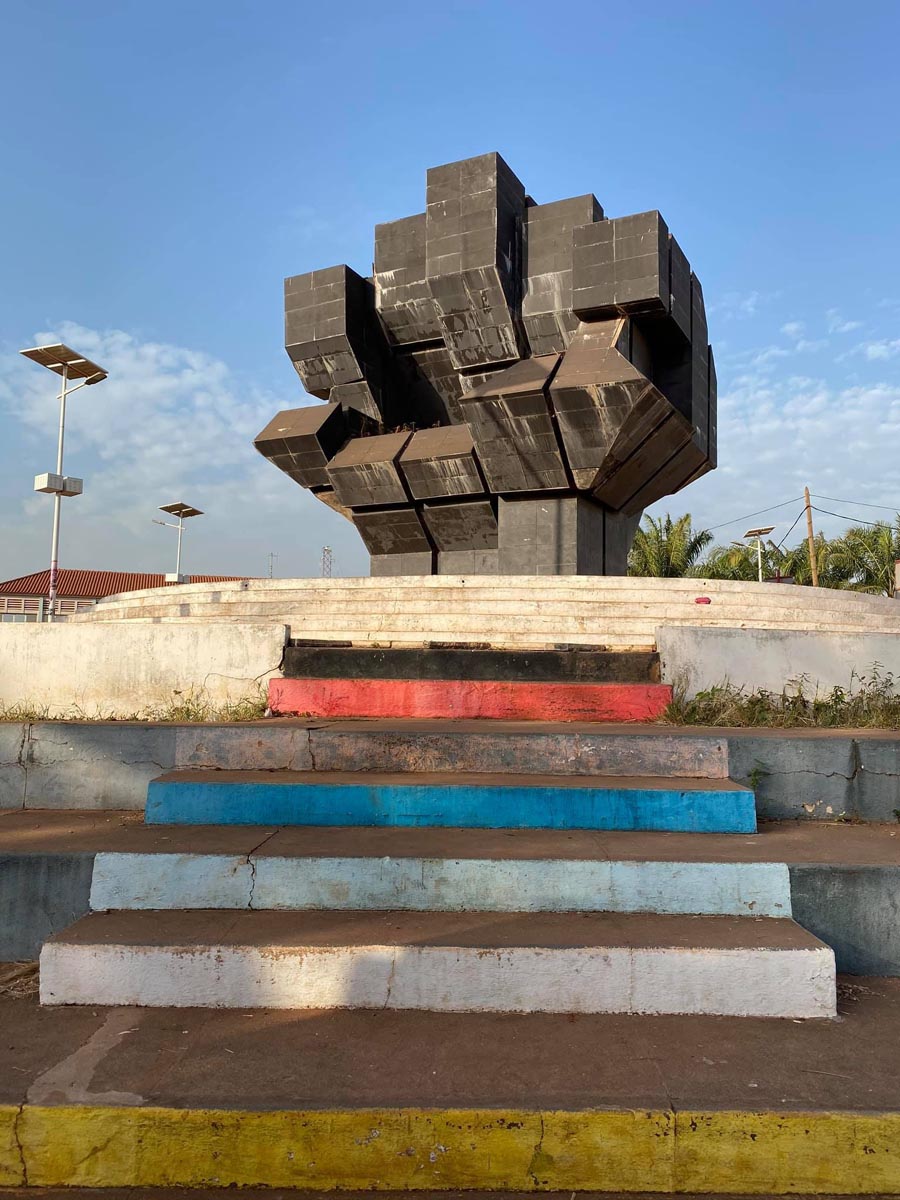
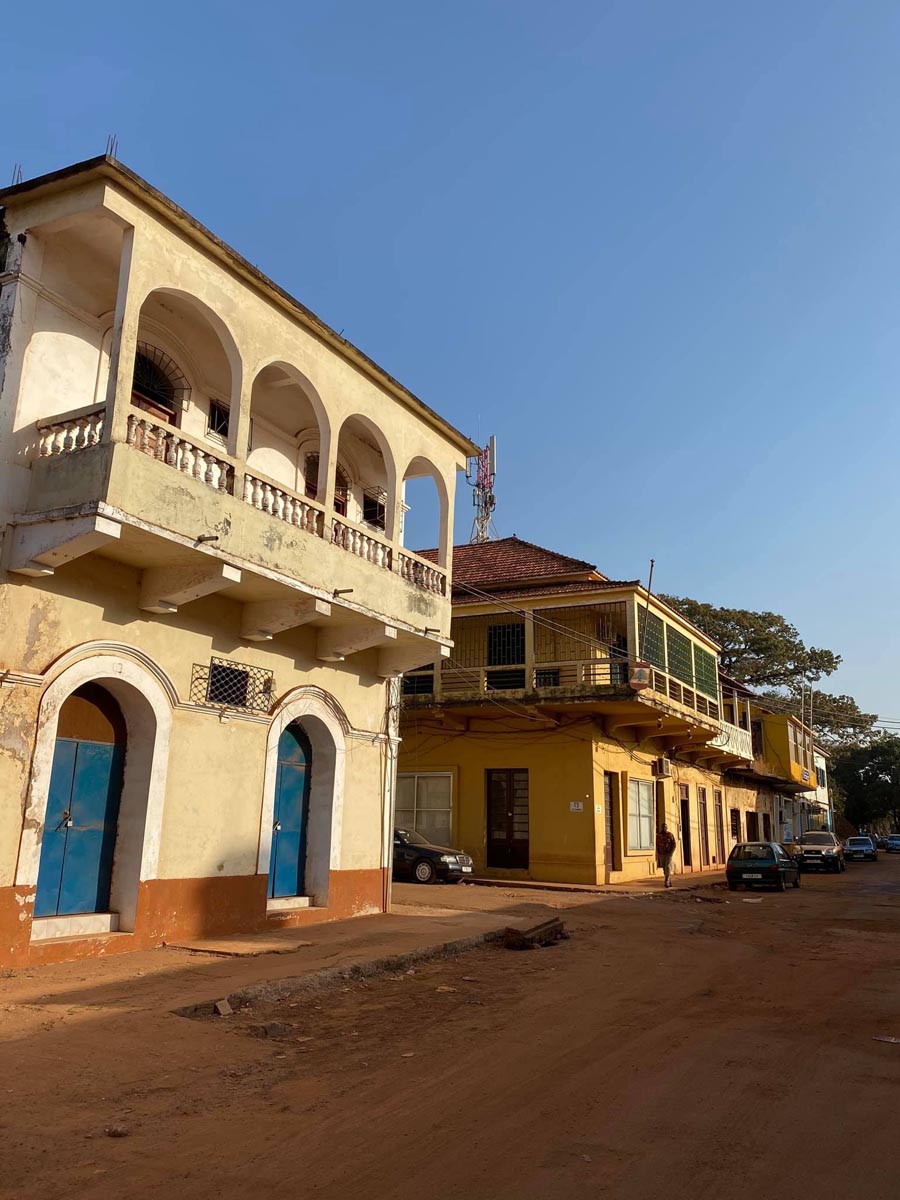
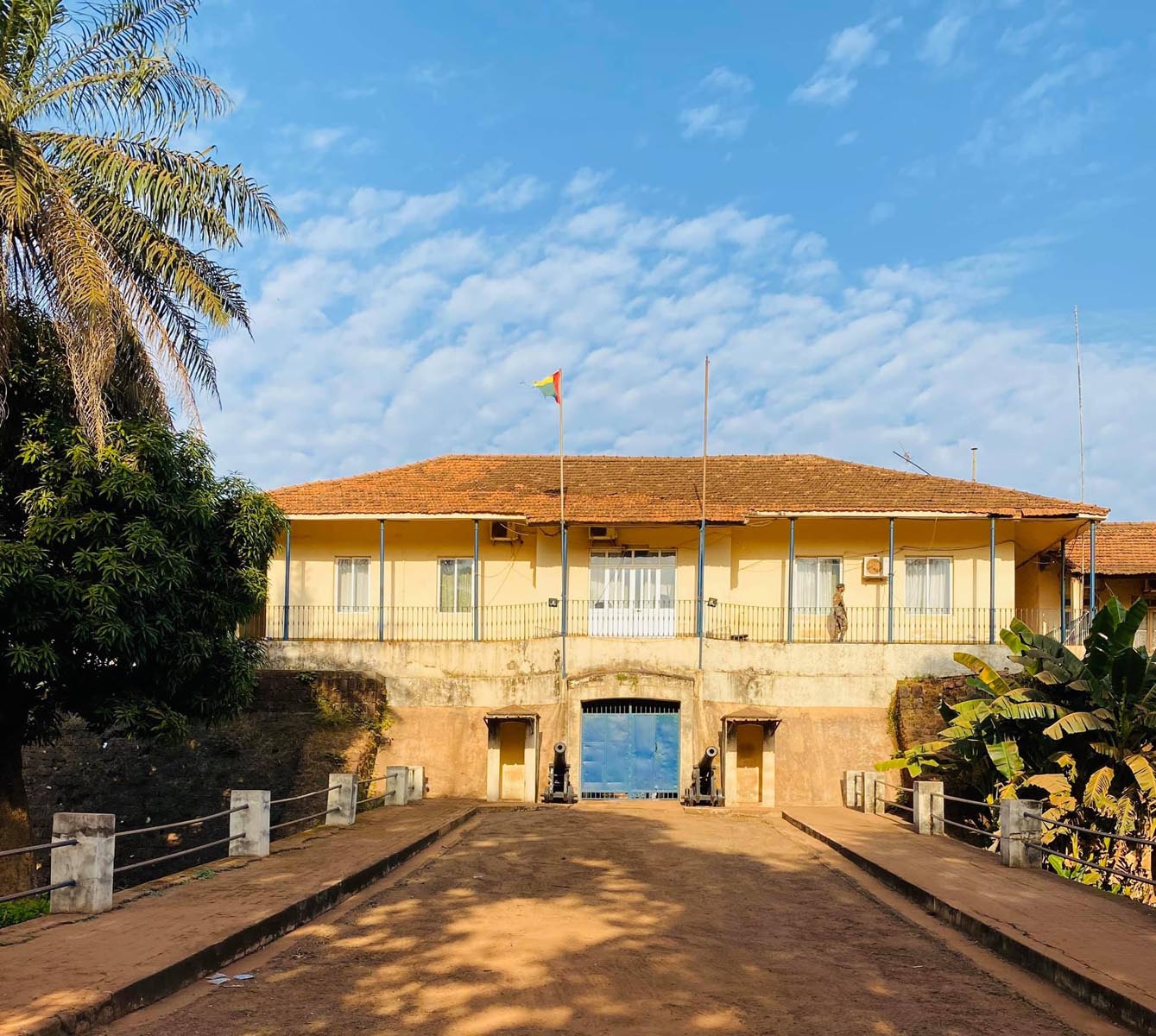
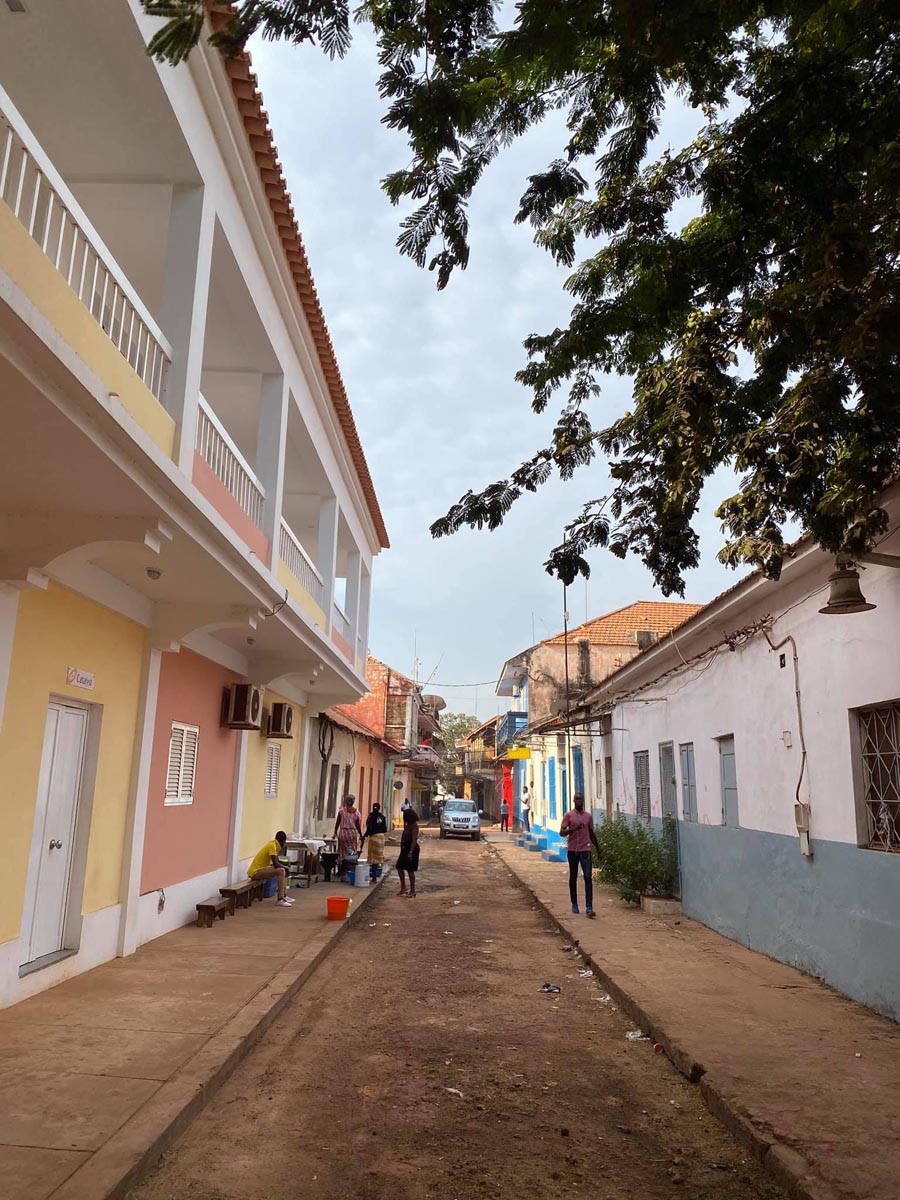
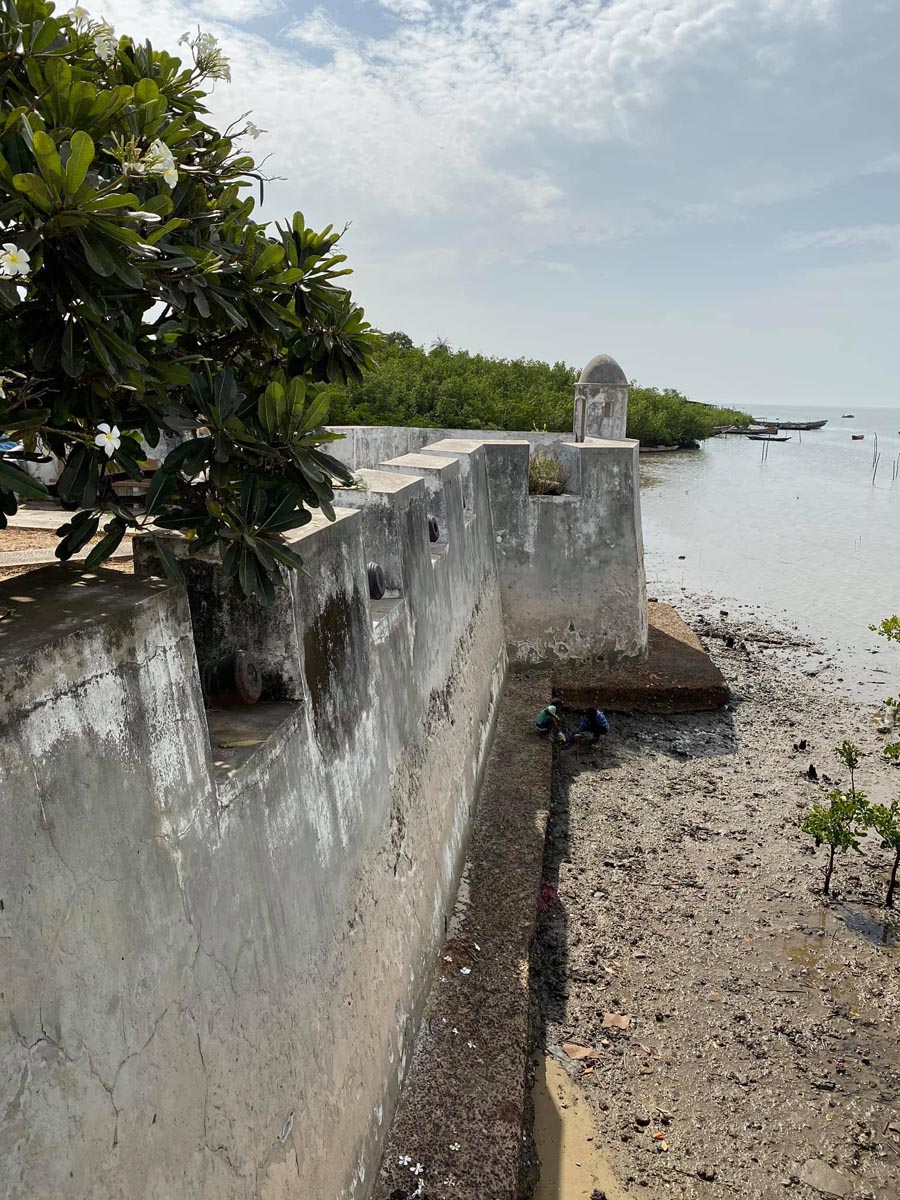
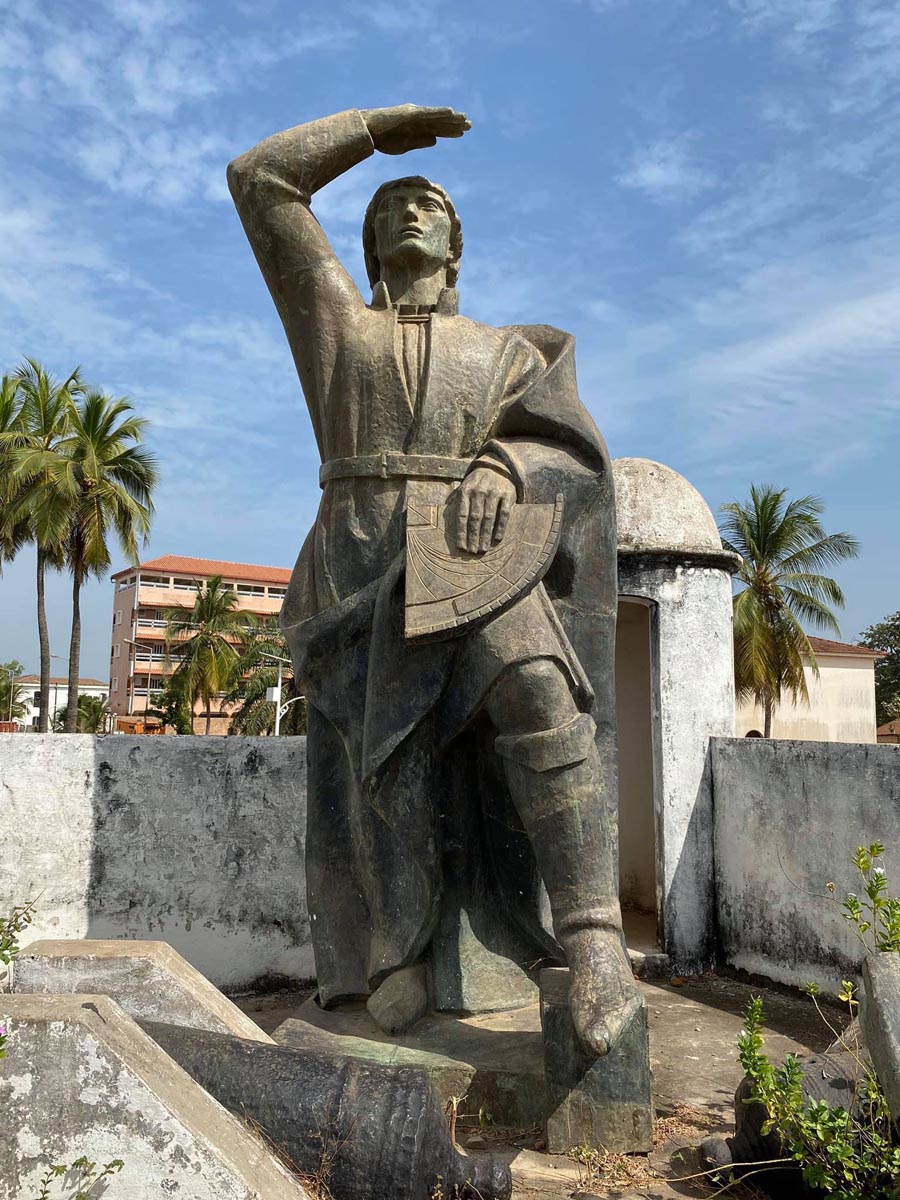
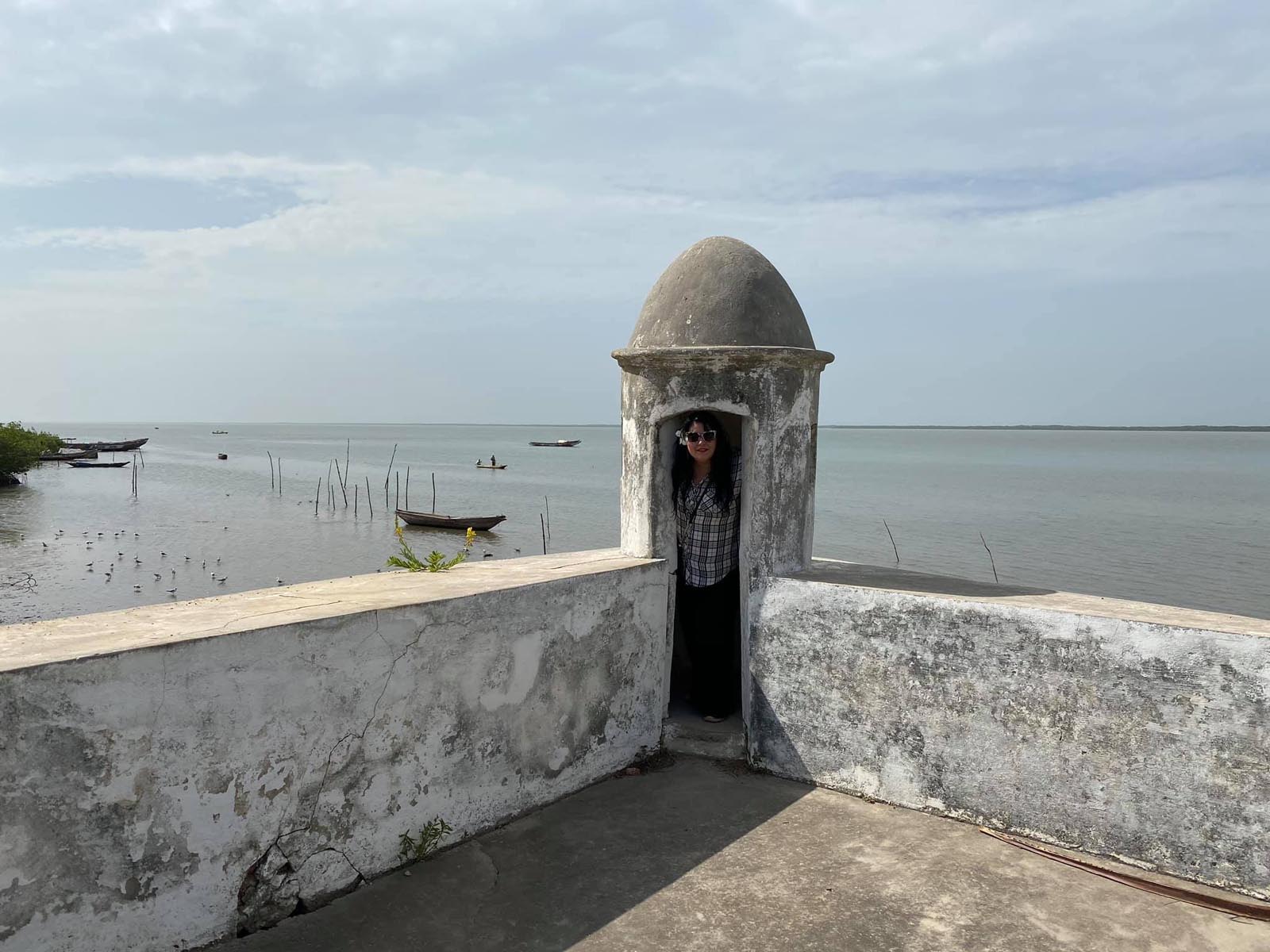

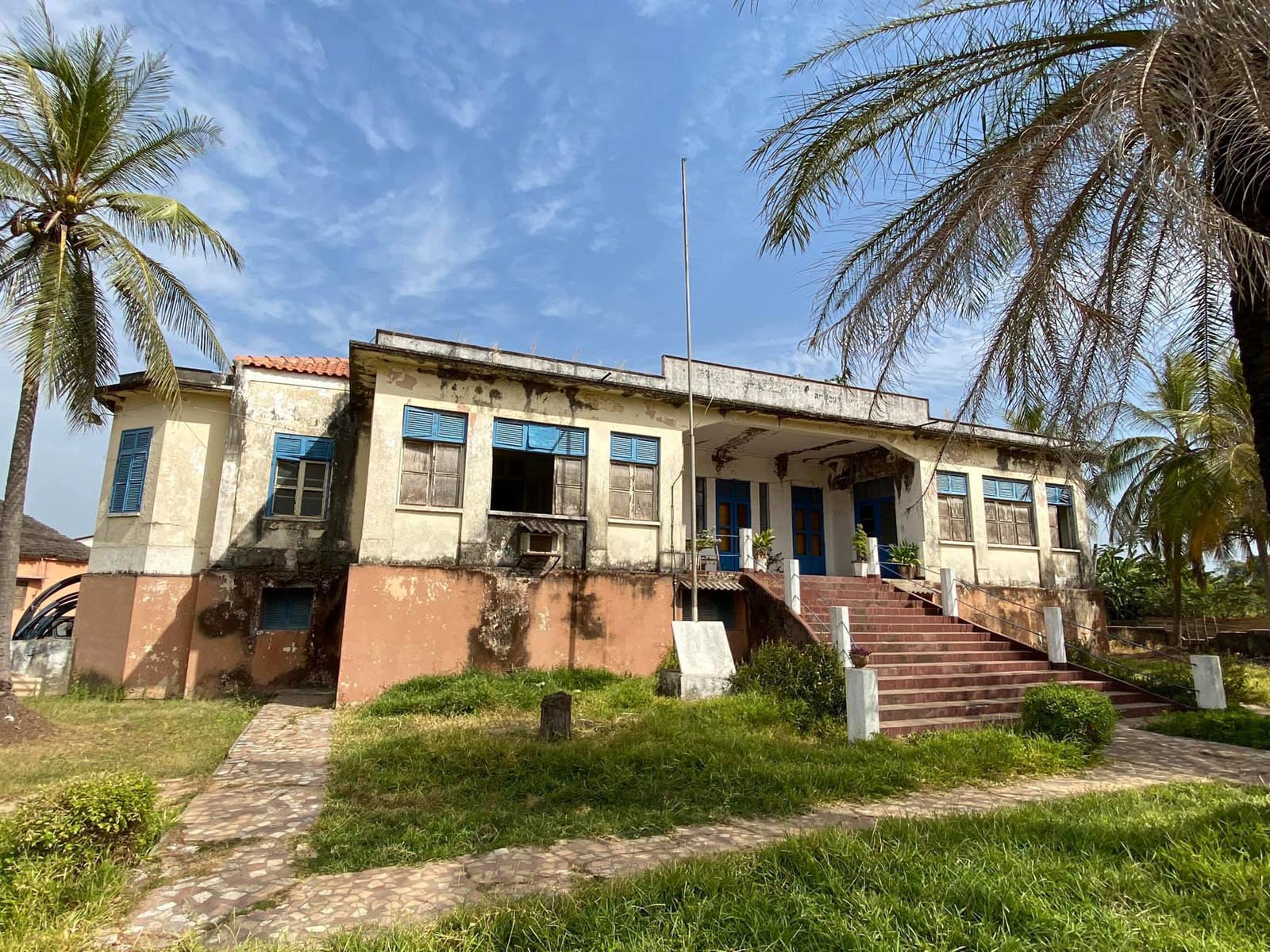
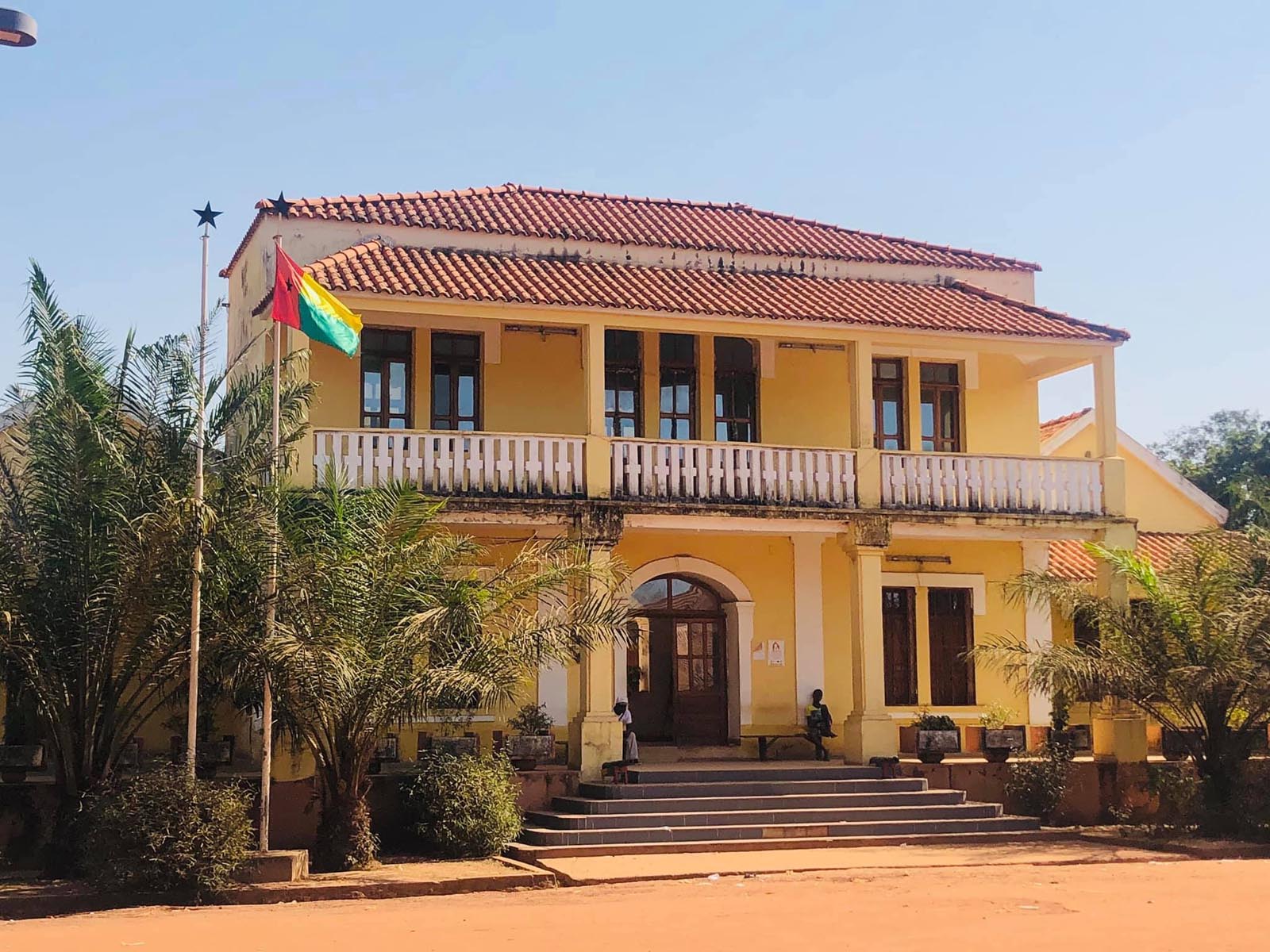
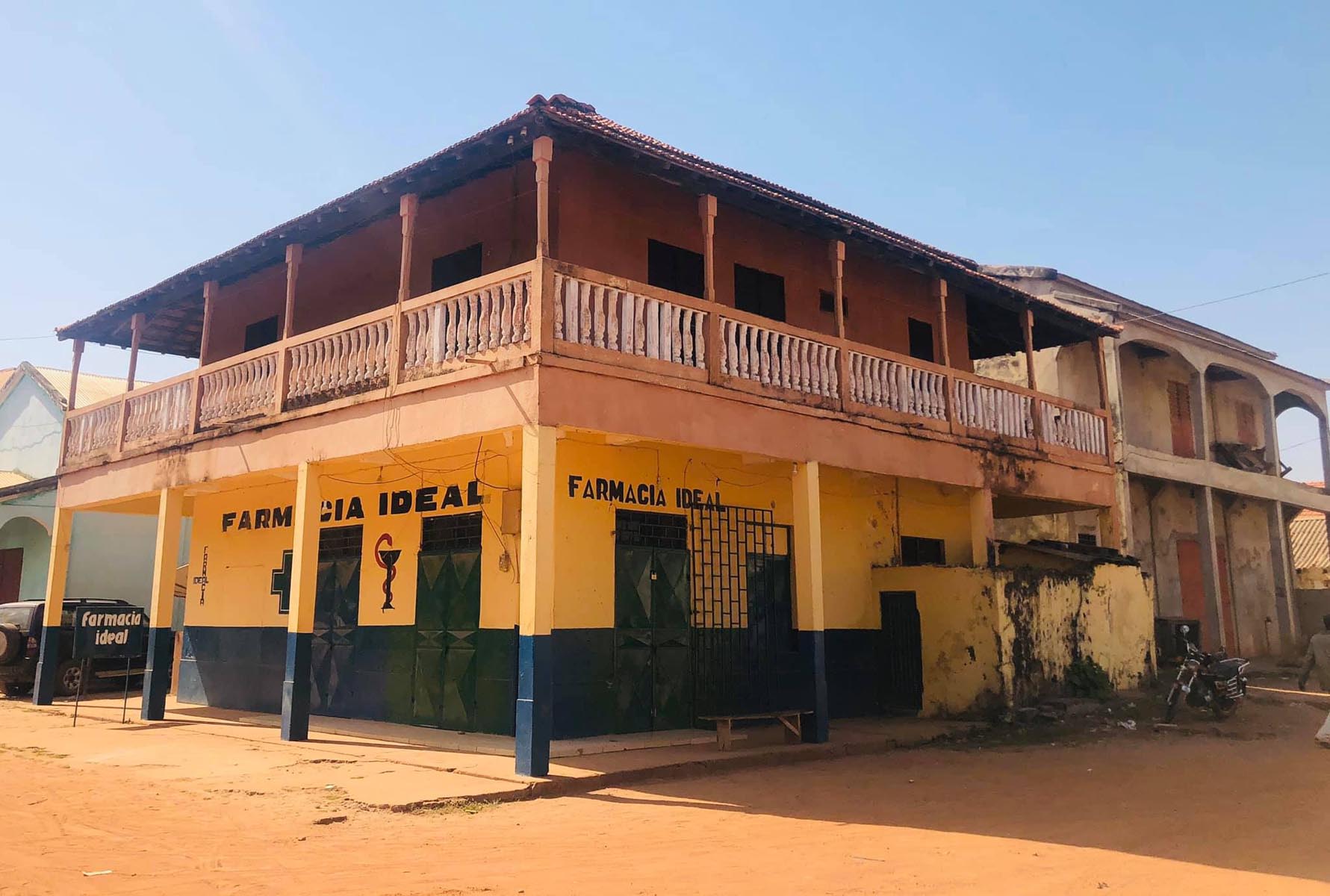
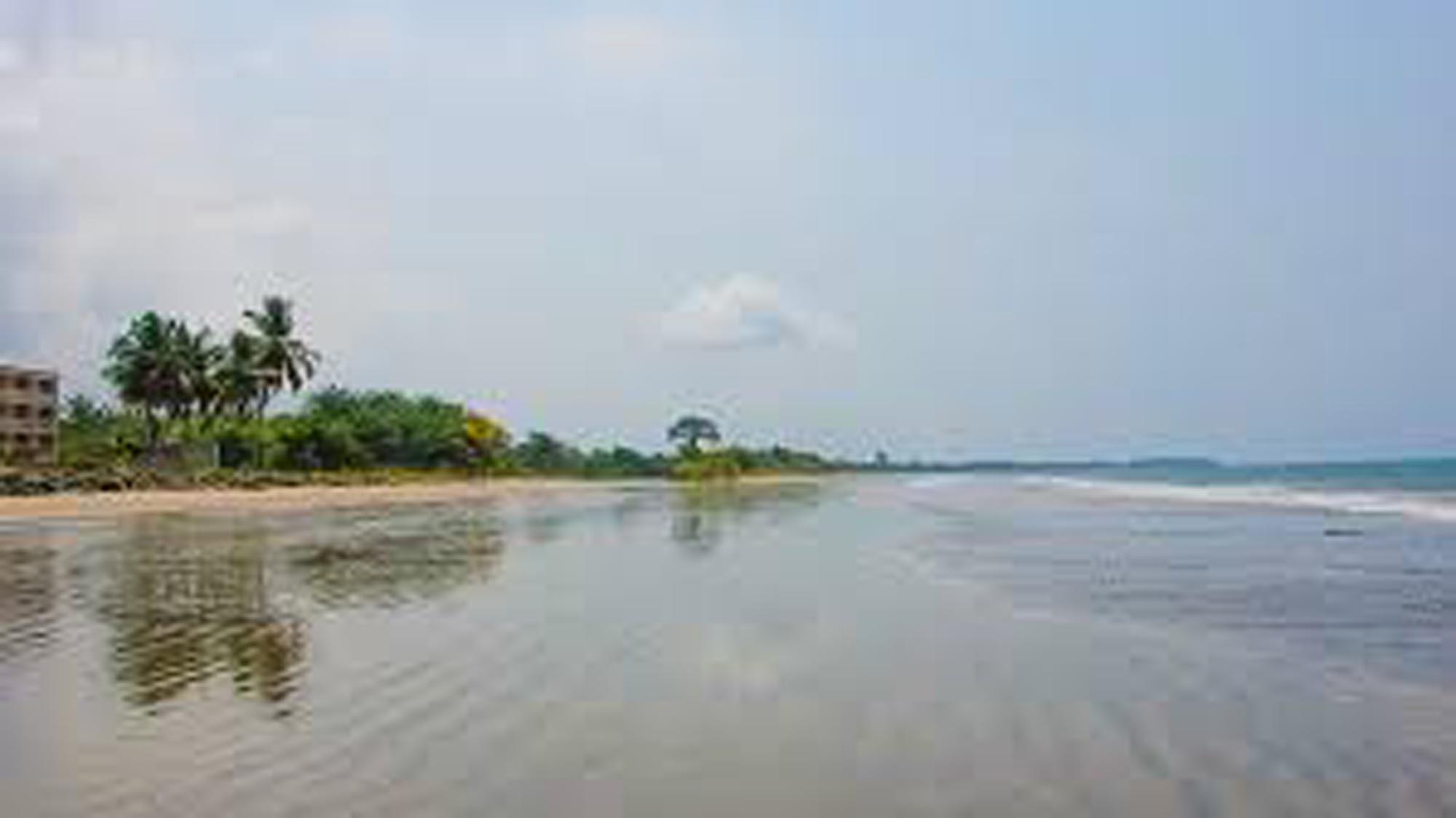
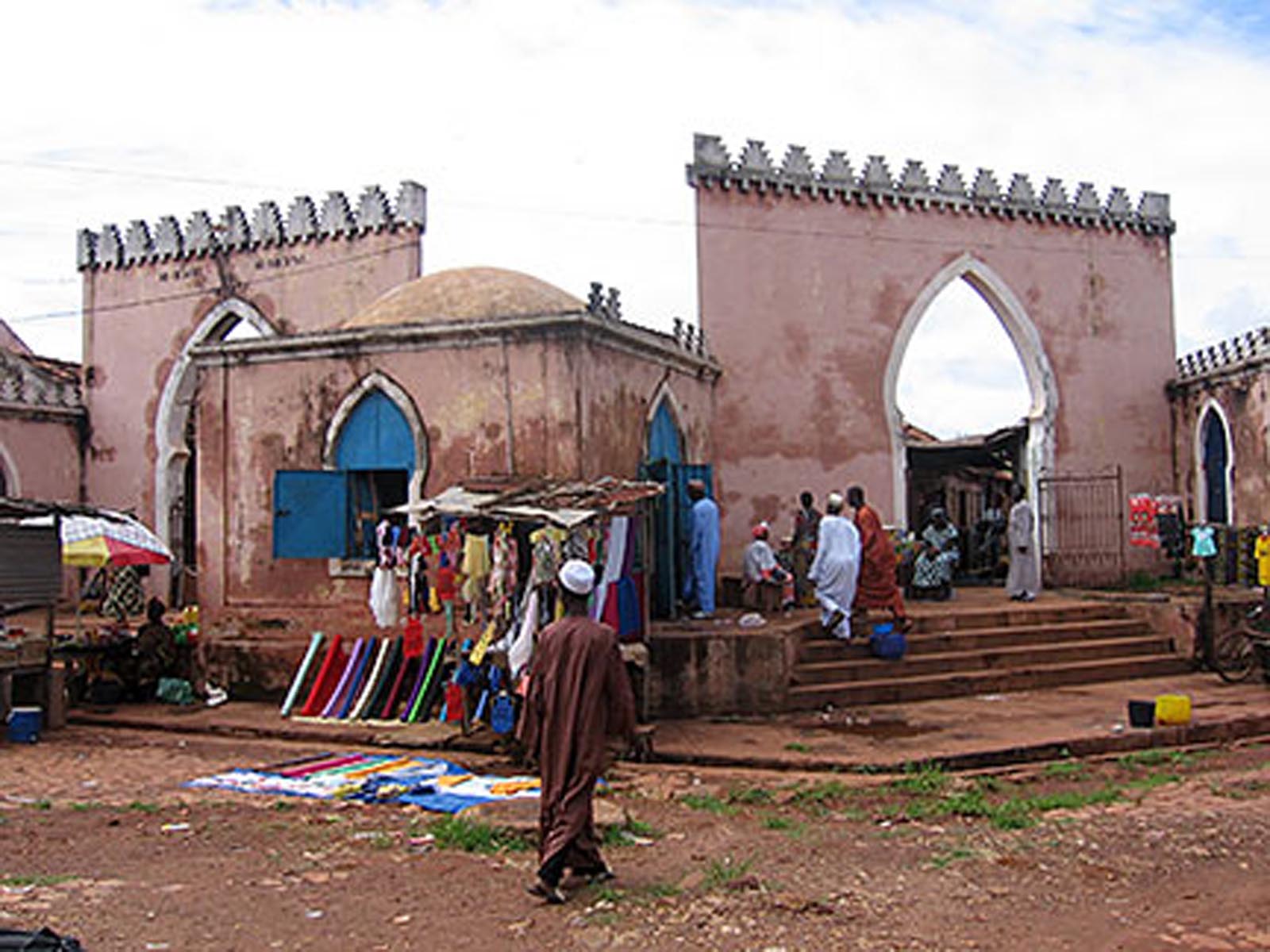
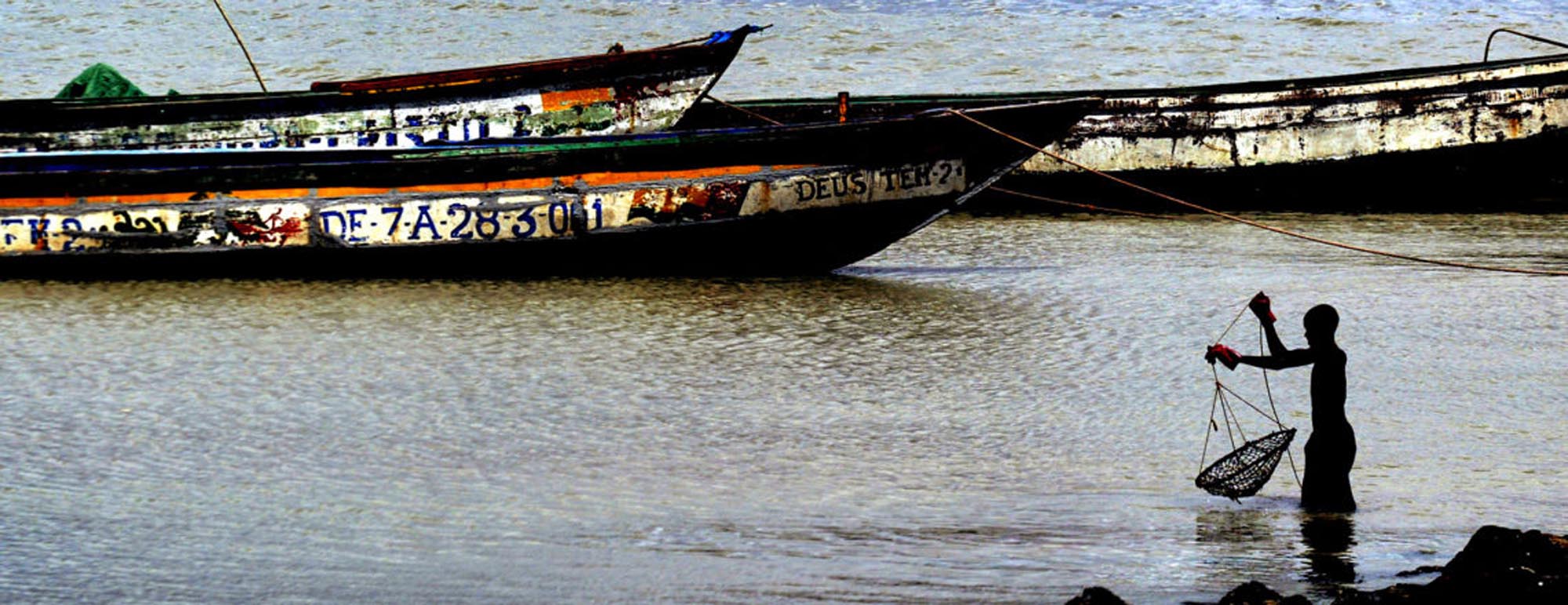
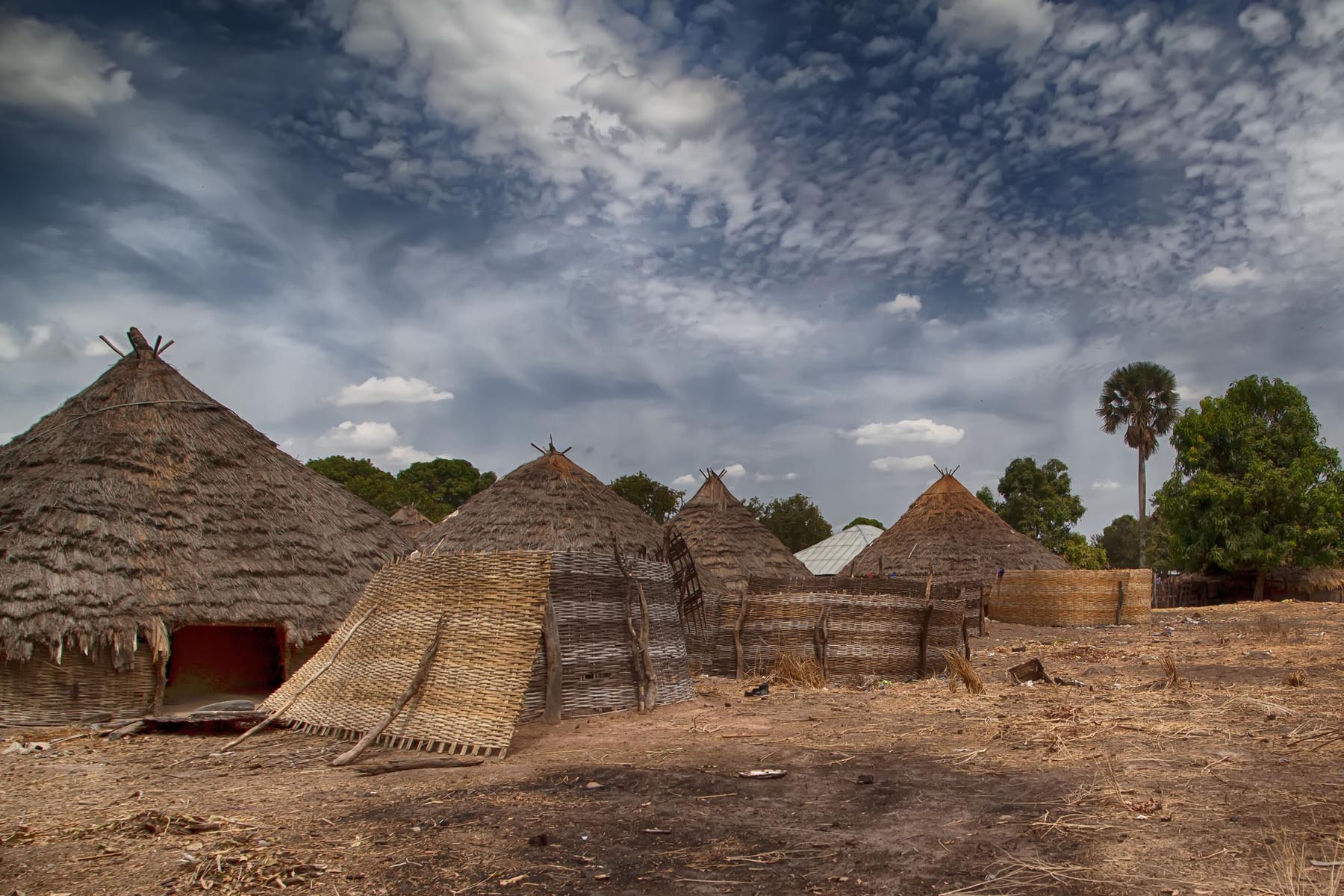
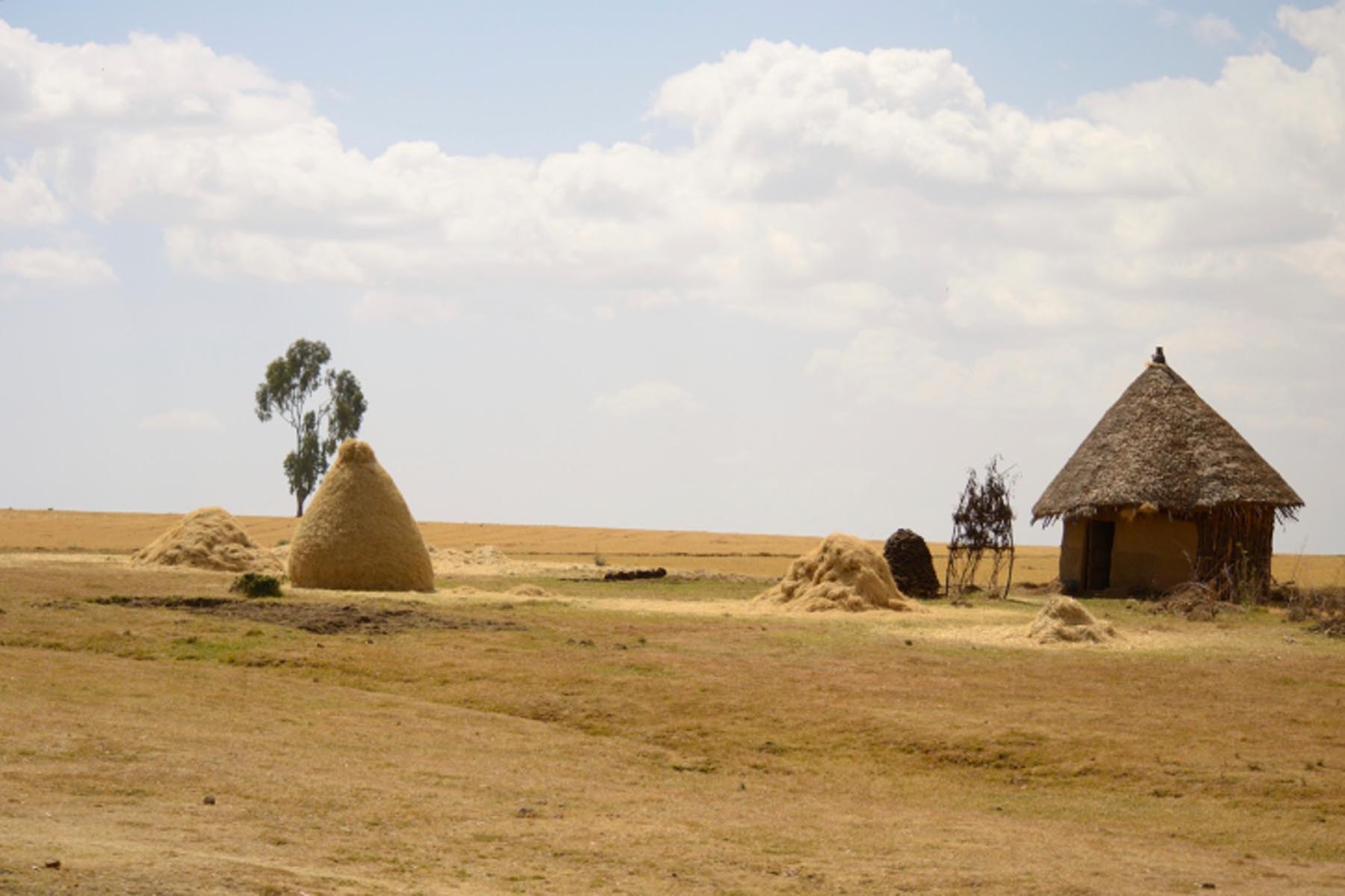
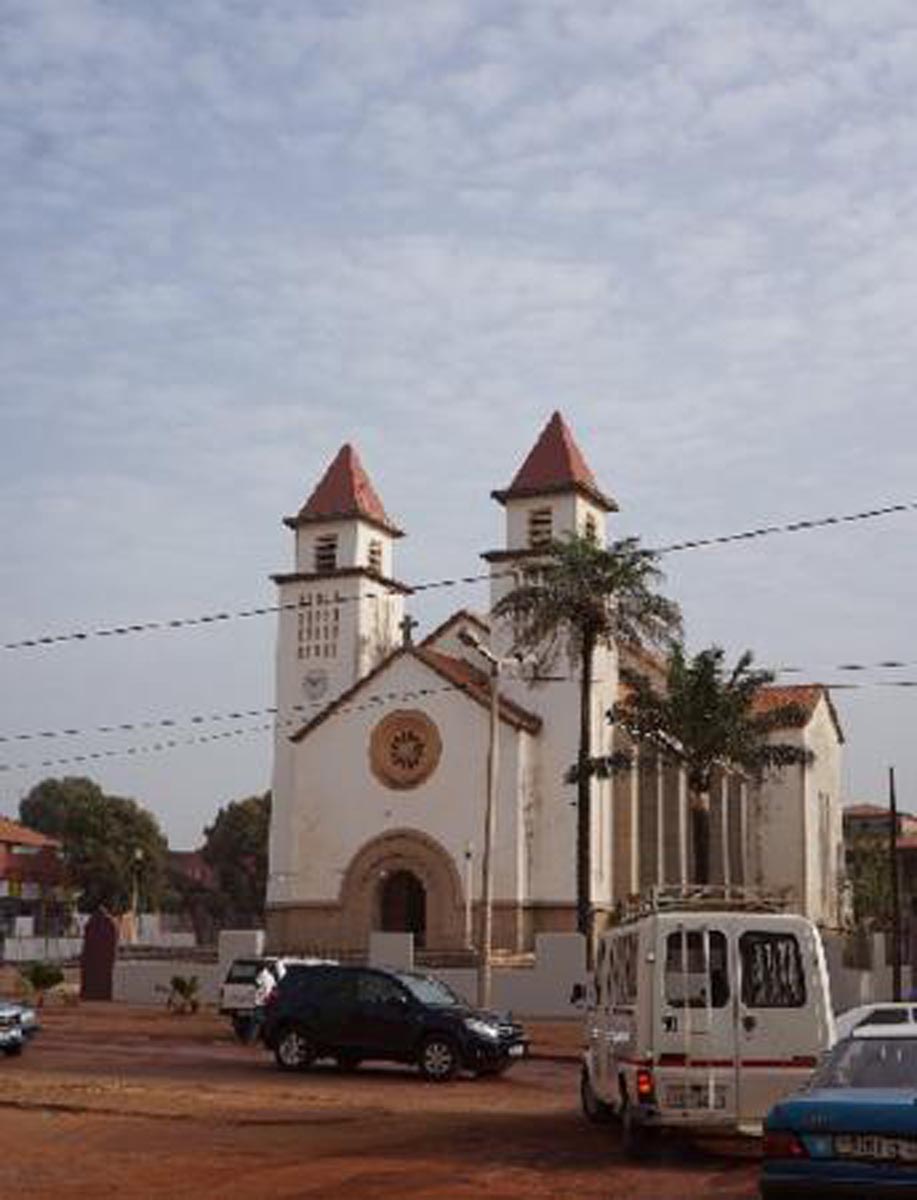
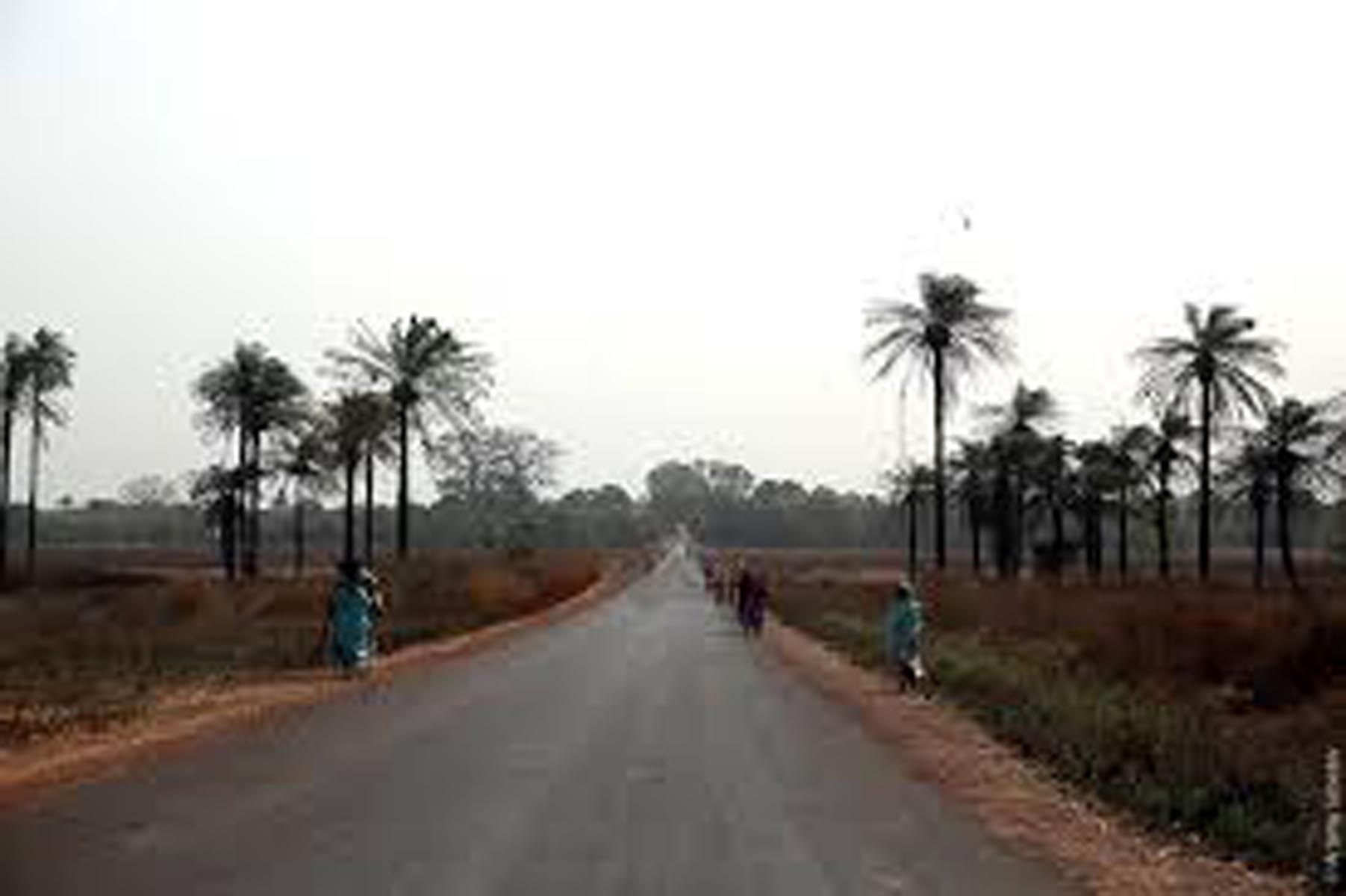
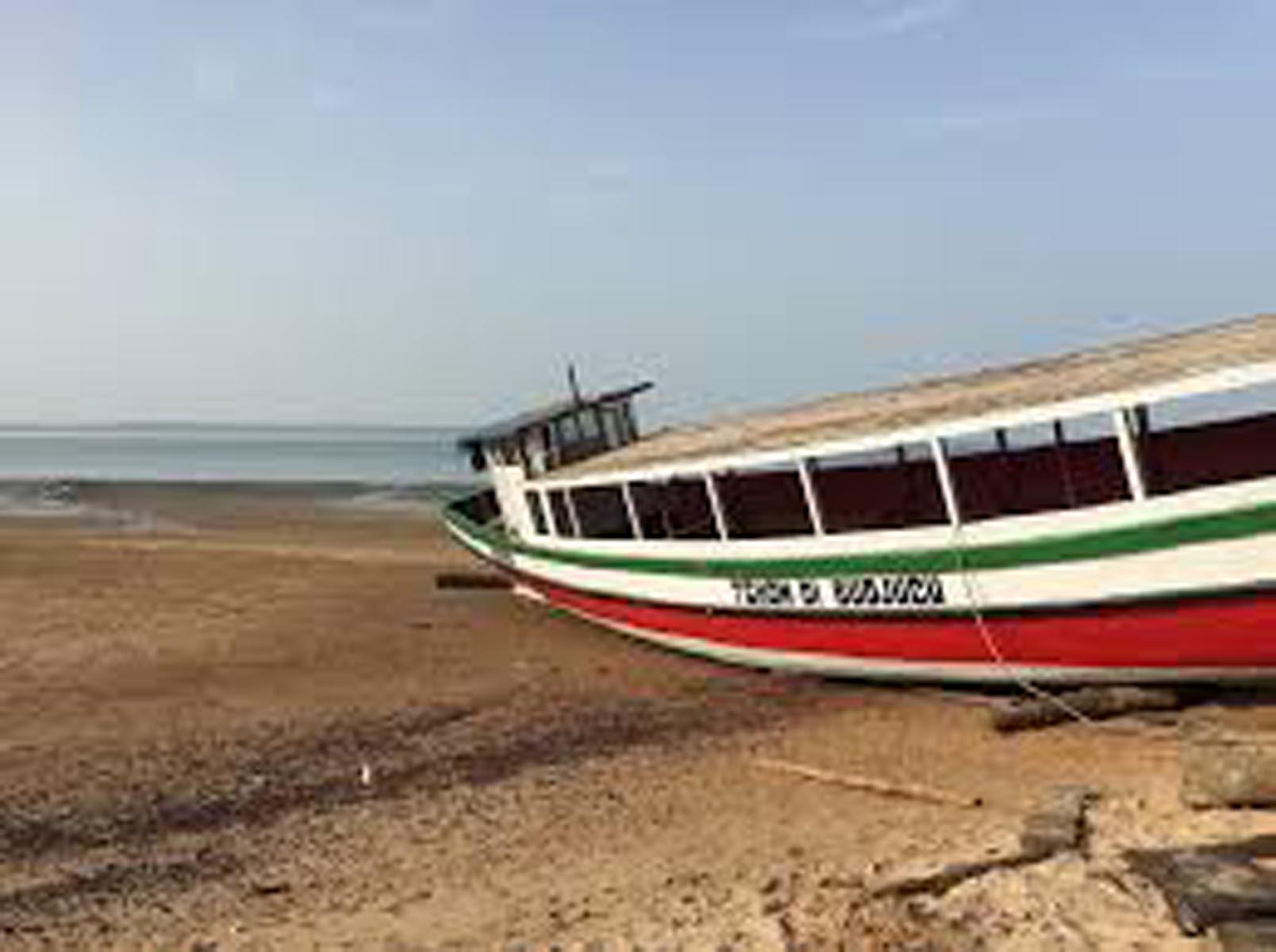
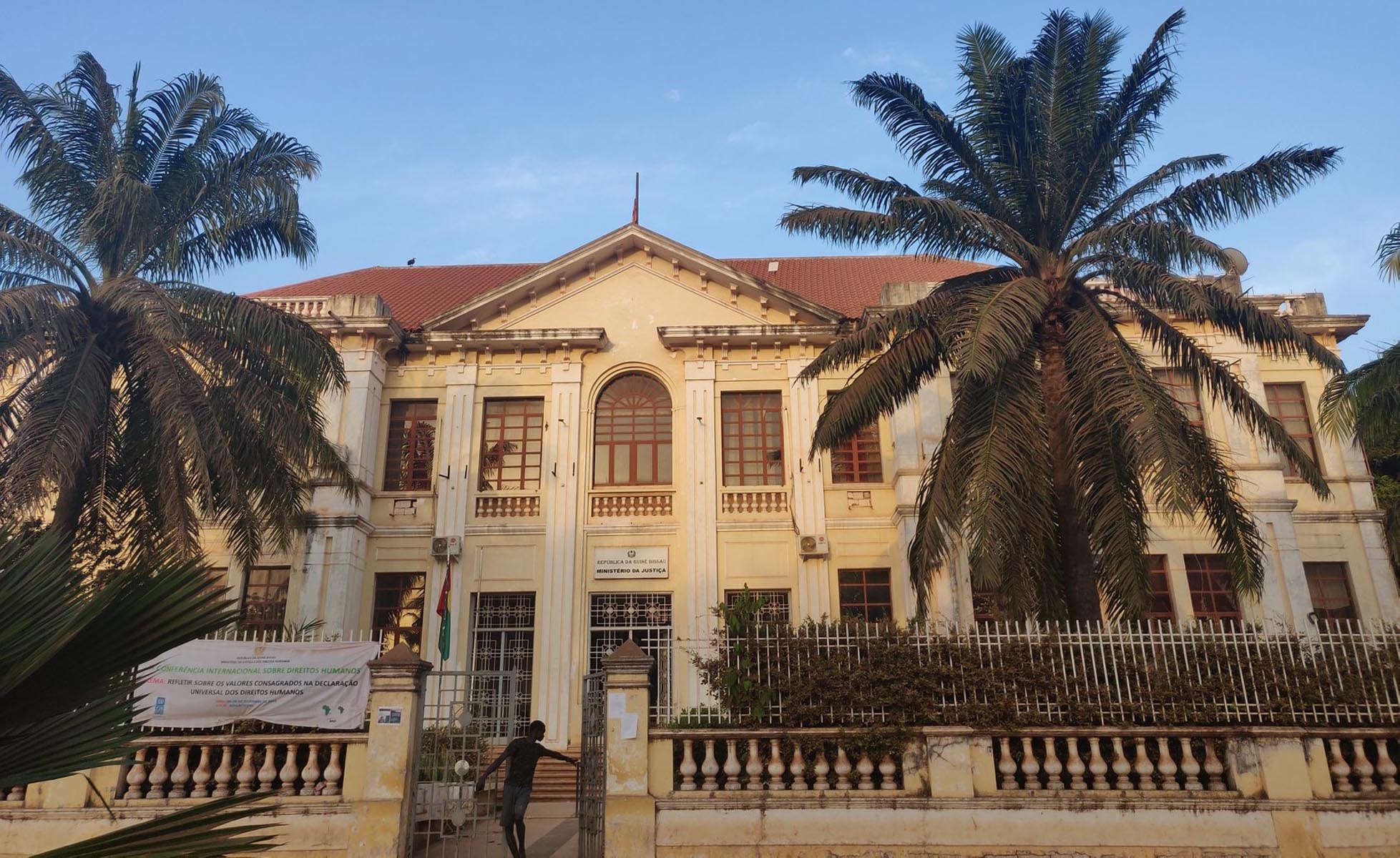
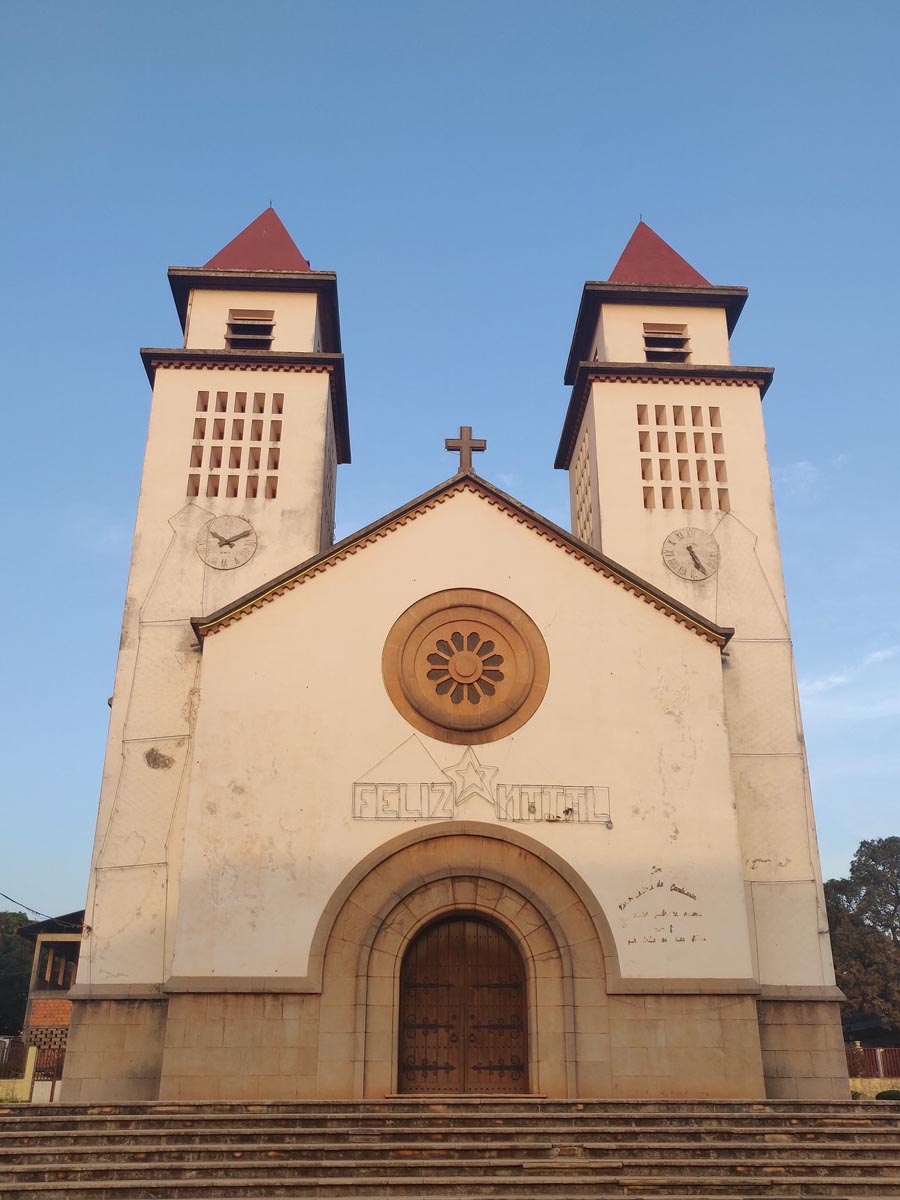
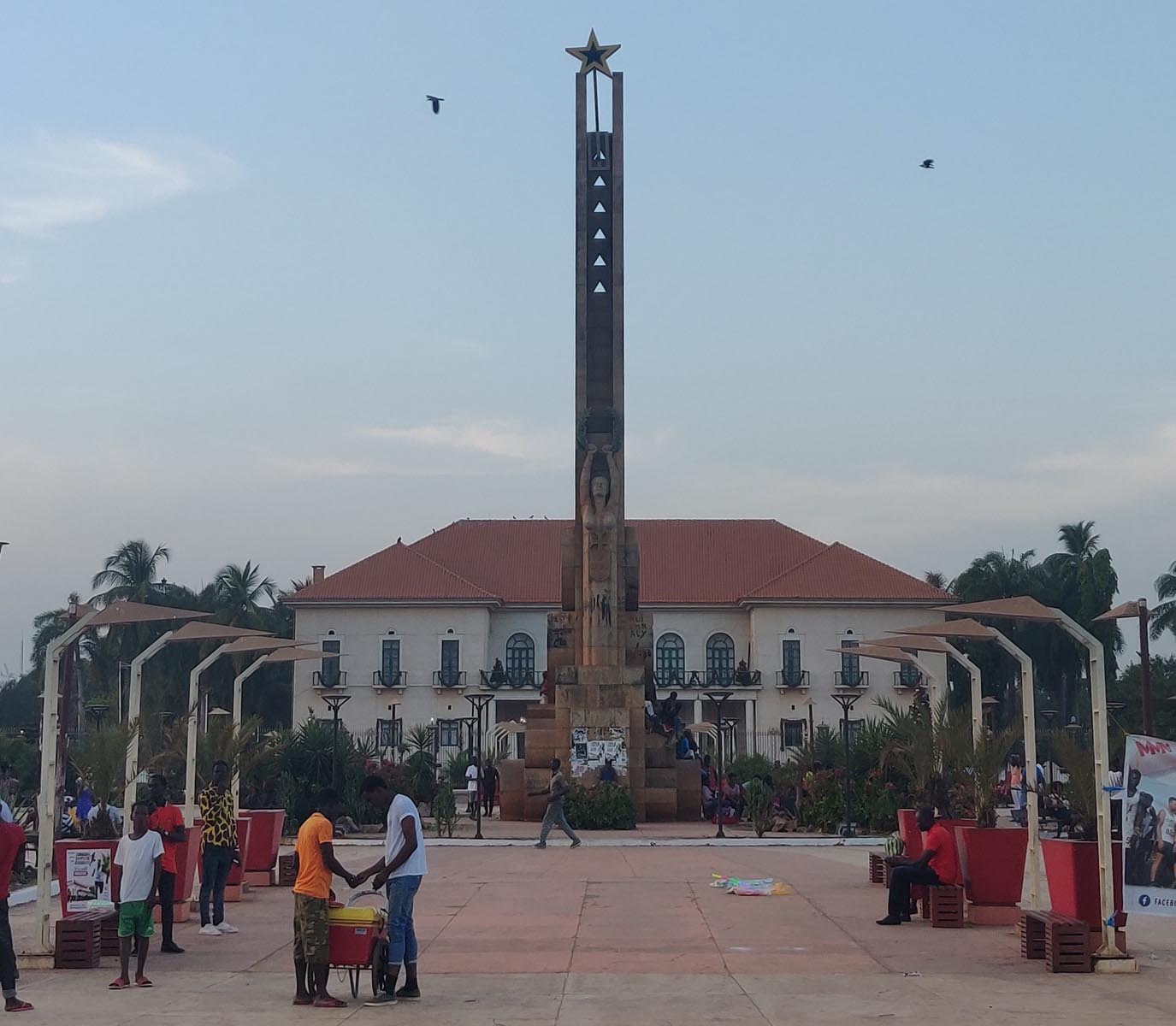

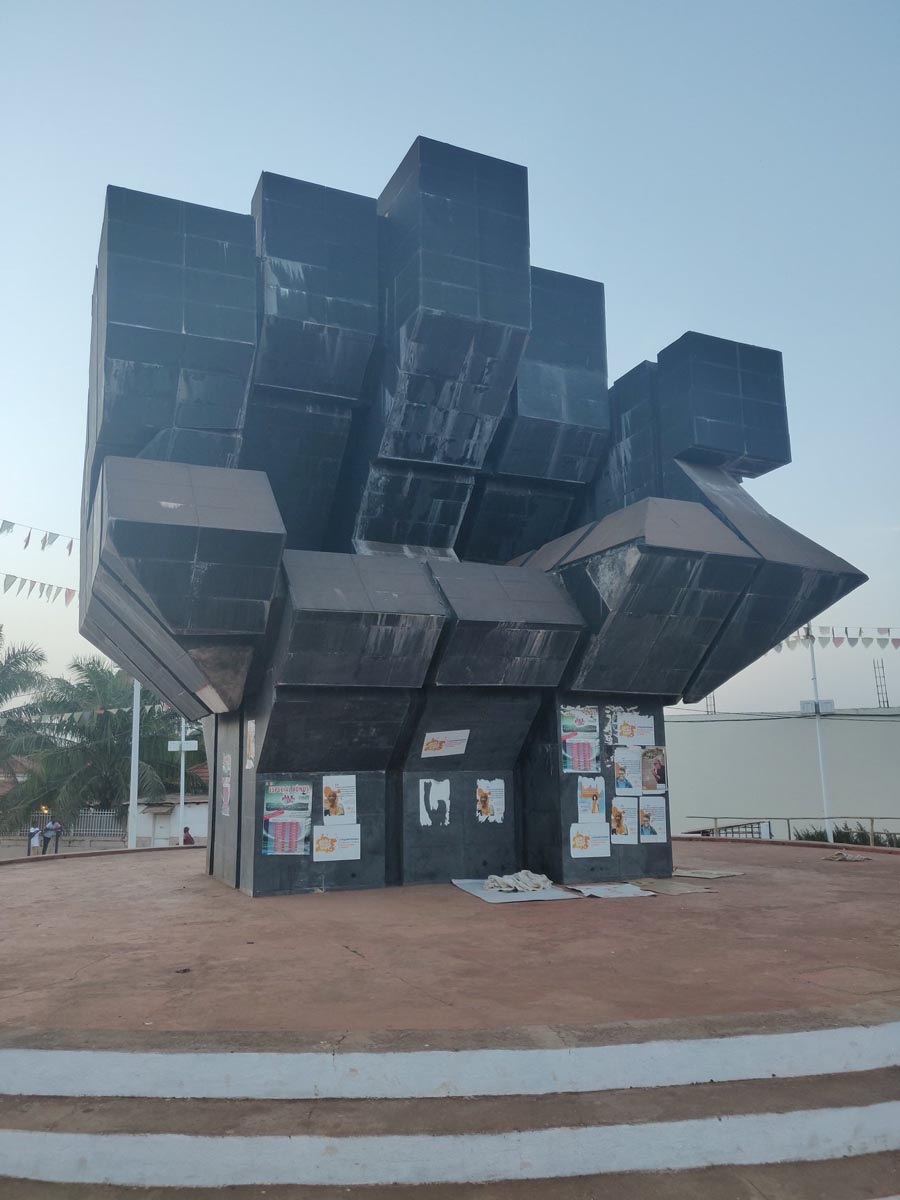
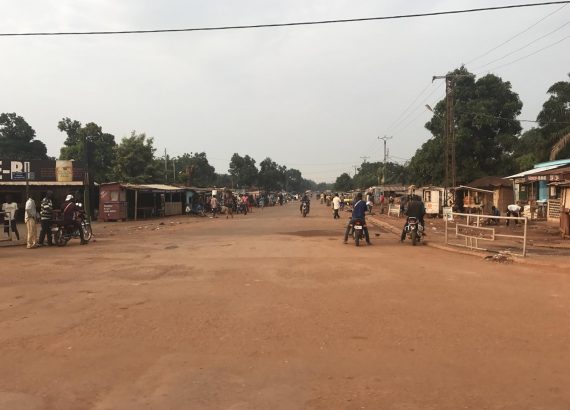
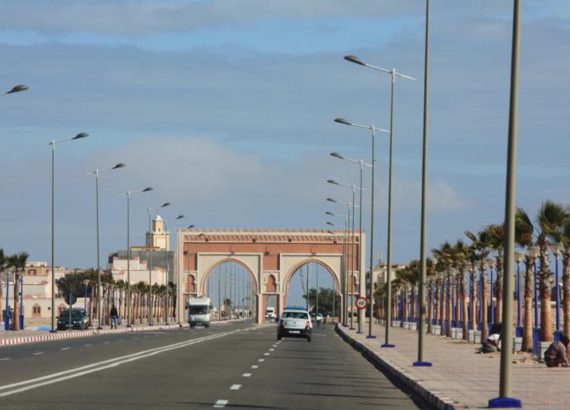
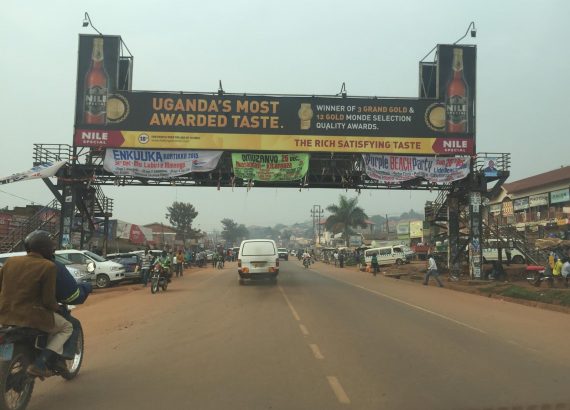
No Comments